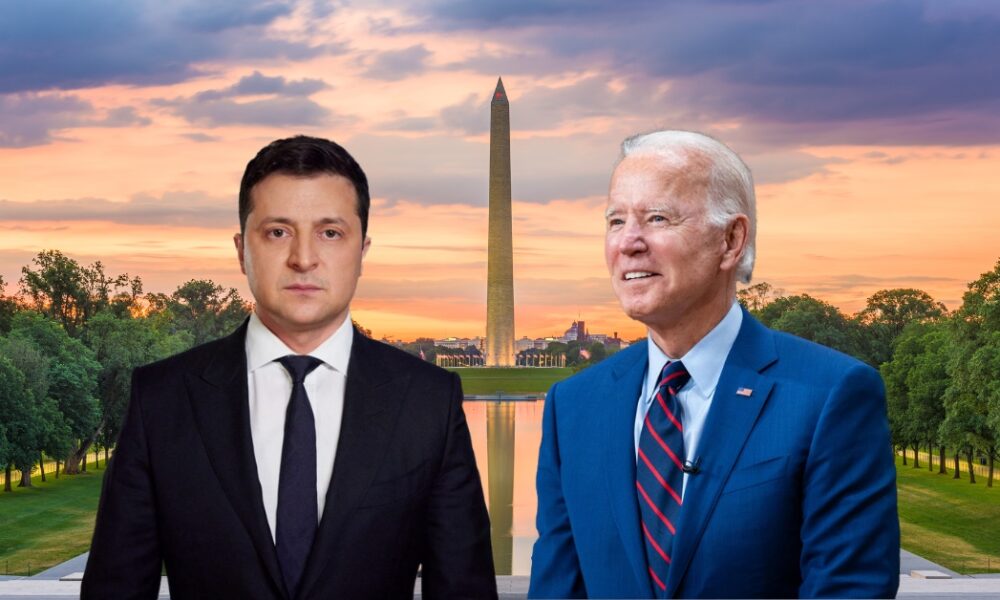Top UN Officials Resign Over The Organization’s Incapability To Protect Human Rights In Palestine
November 30, 2023

KYIV, Dec 21 (Reuters) – Ukrainian President Volodymyr Zelenskiy’s “extremely significant” visit to the United States on Wednesday will disprove Russian attempts to show that U.S.-Ukrainian relations are cooling, a senior aide to Zelenskiy said.
Political adviser Mykhailo Podolyak said Zelenskiy’s trip, including talks with President Joe Biden, provided an opportunity to explain the real situation in Ukraine, what weapons Kyiv needs to fight Russia, and why it needs them.
Zelenskiy headed to Washington after visiting troops on Tuesday in the frontline city of Bakhmut, scene of some of the fiercest fighting since Russia’s Feb. 24 invasion of Ukraine.
“Mr Zelenskiy’s official visit to the United States, which began immediately after his visit to the hottest point of the war – Bakhmut – is highly symbolic. And extremely significant,” Podolyak told Reuters in written comments.
“Firstly, both the visit itself and the level of planned meetings unequivocally testify to the high degree of trust between the countries. Secondly, this finally puts an end to the attempts by the Russian side … to prove an allegedly growing cooling in our bilateral relations.”
Podolyak said Russia’s portrayal of U.S.-Ukrainian relations was “not even close” to reality.
“The United States unequivocally supports Ukraine,” he said.
Podolyak said Zelenskiy would be able to show the American political elite “the real scale” of the war, its true nature and the importance of ending it properly — meaning on the right terms.
“Fourth – weapons, weapons and more weapons. It is important to personally explain why we need certain types of weapons. In particular, armored vehicles, the latest missile defense systems and long-range missiles,” he said.
Zelenskiy would show why providing Ukraine with such weapons would not lead to an escalation of the war, but would sharply reduce Russia’s military capabilities, Podolyak said.
“In my opinion, the visit will undoubtedly activate and optimize key areas of military cooperation, further mobilize bipartisan political support and more clearly paint a picture of the future if the war is not ended correctly,” he said.
(Reporting by Pavel Polityuk, Editing by Timothy Heritage)